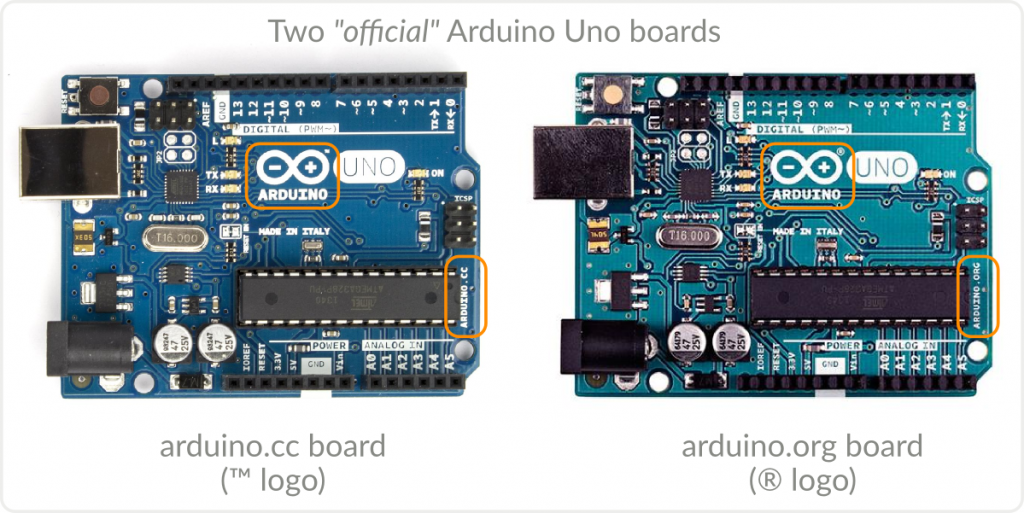I just received this email on an old academic email address of mine
Dear Mr. Pierre Haessig,
The purpose of this letter is to formally invite you to be honorable Speaker for the upcoming "World Congress and Exhibition on Wind Energy" during June 15-17, 2016 at Berlin, Germany.
The conference highlights the theme “Future Wind Energy Technologies”. The program is a rich mix of formats ranging from keynote sessions featuring many well-known and thought provoking speakers to intense and highly interactive discussion sessions.
Wind Energy-2016 is a remarkable event which explores the technology to showcase mature technologies from lectures, panel discussions, debates by world renowned experts who will discuss the latest advances in wind energy production and planning.
Your contribution and knowledge in the field pulls our attention to keep the proposal of joining our conference and enlighten the audience with your knowledge and experience. It would be our honor to have an eminent delegate like you in our summit.
I would be glad to answer your queries in this regard.
For more details please visit our Website (http://www.windenergy.omicsgroup.com/)
This really looks like an automated email: not any specific words about my "contribution and knowledge in the field". Only my name, and the words "Wind Energy". Not even a specific list of topics or keywords related to Wind Energy (could be "offshore", "grid integration", "wind power forecasting"). Also, the conference website (http://www.windenergy.omicsgroup.com/) is pretty empty, with no visible organizing and scientific committees. Clearly this seems a fake conference.
It's not the first time I receive such an email, so I wonder: what is the business model of this OMICS Group company? What do they want, how do they make money? Is it some kind of hidden travel agency for researchers?
Also, will there be any actual people gathering for this conference in Berlin in June 15-17, 2016?
I really wonder...

